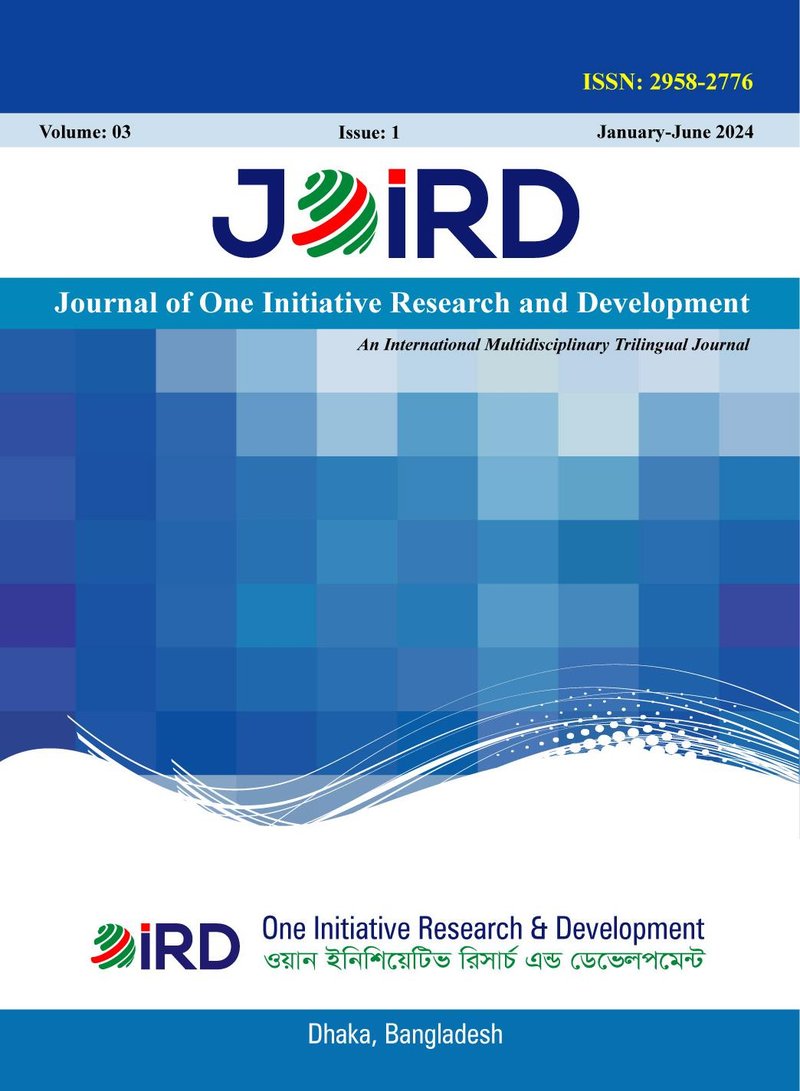Vol.: 03 Issue: 01: Welfare Impacts of Rural Electrification in Bangladesh: Propensity Score Matching and Binary Logistic Regression Approach
Md. Abdulla Al Mamun:
Assistant Professor, Dept. of Business Administration, Bangladesh Islami University. Email: [email protected]
Keywords
Rural Electrification in Bangladesh, Propensity Score Matching, Binary Logistic Regression
JEL Classification:
C1, C4, I3, H75, P46
Abstract
This research focuses on assessing the program's effectiveness in the economic, health, educational, household, and entertainment sectors. Through primary data collection from 380 households across seven districts, the study analyzes the benefits and challenges associated with rural electrification. Propensity Score Matching is employed to address confounding factors and assess the impact on income, expenditure, and education. The Binary Logistic Regression model explores contributing factors such as age, education, housing, total income, and expenditure in determining the likelihood of rural electrification. The findings indicate a significant positive impact of rural electrification on income, expenditure, and education. Households with electricity show higher odds of positive outcomes in these areas compared to non-electrified households. Education levels, total income, and expenditure patterns emerge as influential factors in the electrification process. While recognizing the positive impacts, the study also highlights challenges such as the unequal distribution of benefits, issues with billing systems, and concerns about the duration of electricity supply. The research suggests that continuous attention to costeffective supply, equitable distribution, and balancing financial sustainability with reaching the poor is crucial for the success of rural electrification programs. In conclusion, the study contributes to the ongoing discourse on the effectiveness of rural electrification programs, emphasizing the need for comprehensive evaluations that consider various socio-economic factors. The insights gained from this research can inform future policy decisions and program improvements to maximize the welfare impacts of rural electrification in developing countries

